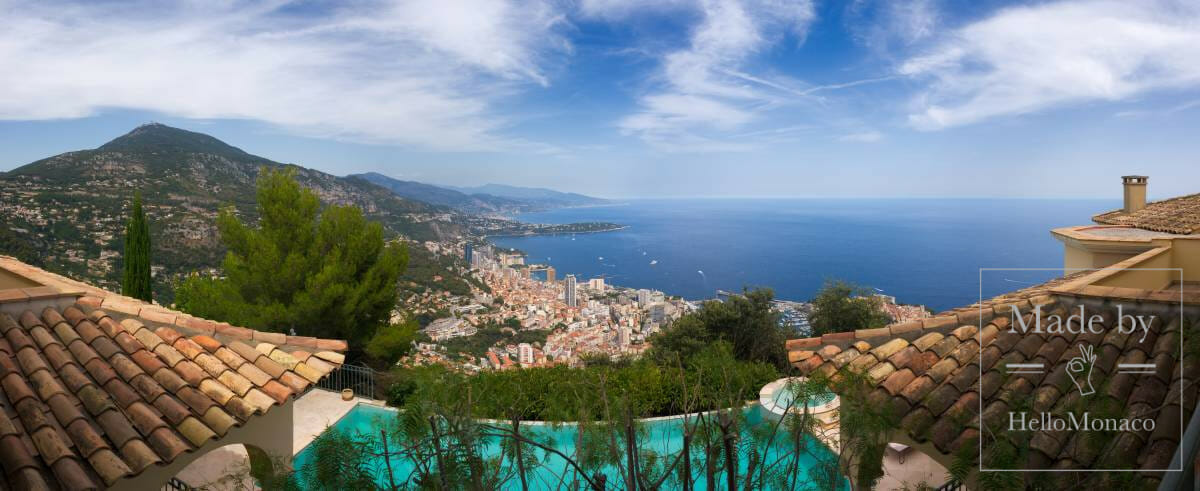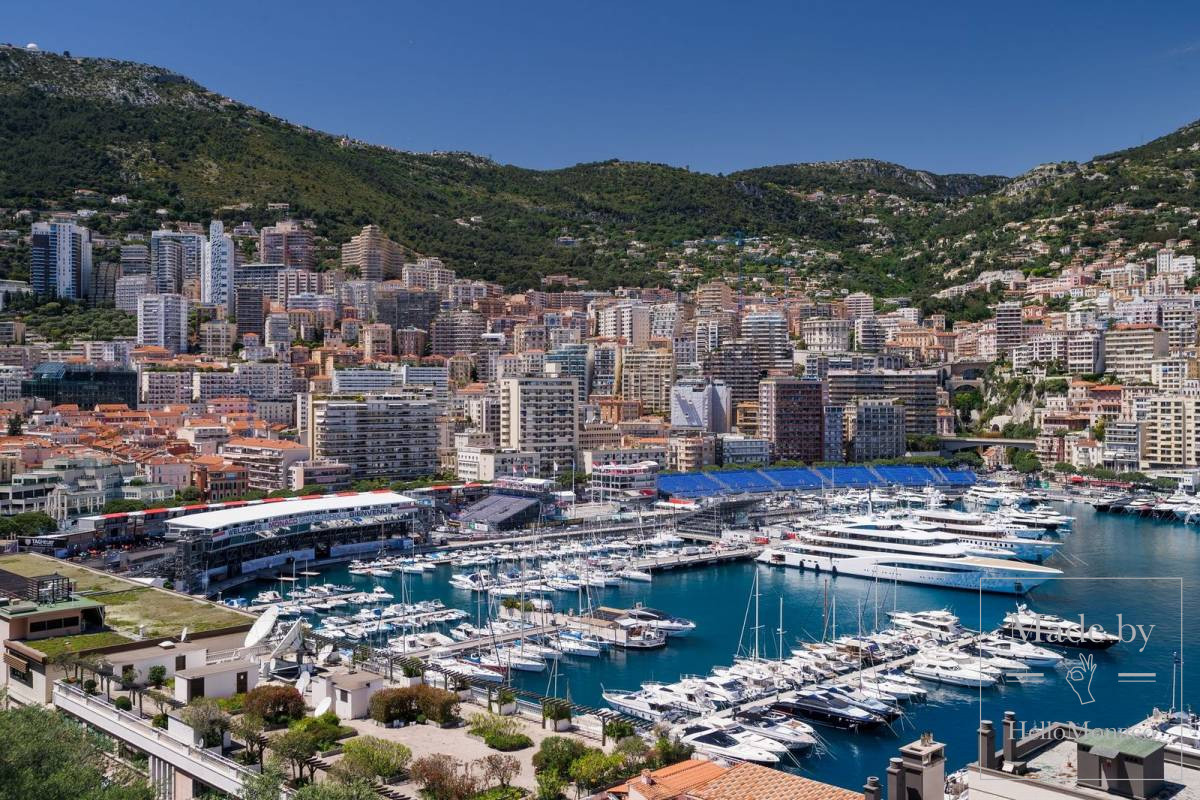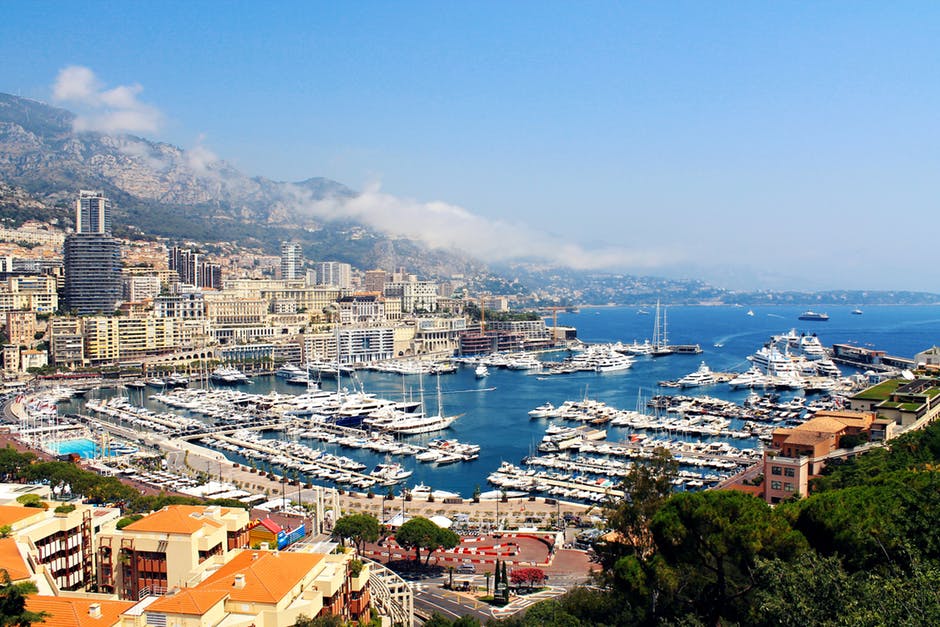The Principality of Monaco is an independent and sovereign state under international law, governed by the Prince. According to the Constitution of 17th December 1962, Monaco’s government structure is a hereditary constitutional monarchy. It means that the ruler of the Principality does not have absolute power, but is restricted by the Constitution. According to the heredity principle, the throne is reserved to the direct and legitimate descendent of the reigning Prince, with male heirs in priority.
The Prince consults with two committees, the Crown Council (signing and ratifying of treaties, granting of amnesty and Monegasque citizenship) and the State Council (matters of law and order).
Government of Monaco
Executive power remains under the authority of the Prince, represented by the Minister of State. The latter is in charge of the administrative duties concerning the country and is advised by Ministers who are heads of five departments.
- The Ministry of Interior is responsible for the following areas: education, youth and sports, public, civil and digital security, and culture. The establishment also supervises associations, federations and foundations as well as relations with religious institutions. What may be important for the future residents of Monaco is that the Ministry of Interior decides whether you receive residency and what school your children will go to.
- The Ministry of Finance and Economy is in charge of the budget, treasury, economy and trade, tourism, housing and state property. The institution also controls gambling and financial activity and deals with innovation and matters of new technology. All the financial requests and authorisations concerning your business go through the Ministry of Finance and Economy.
- The Ministry of Health and Social Affairs deals with the following matters: employment, labour relations, social security insurance in the public and private sectors, health, family, the elderly and the disabled. Though social taxes are quite high in Monaco (around 35%), the money is used wisely. For instance, the quality of services in the local health institutions and Princess Grace Hospital Centre is considered high.
- The Ministry of Public Work, Environment and Urban Development deals with such matters as public works, urban development, properties construction, environment, parks and gardens, quality of life, maintenance of State property, land, maritime and air transport, and public services.
- The Ministry of External Relations is in charge of maintaining and developing diplomatic relations between Monaco and other countries.
Legislative power
The legislative power is exercised by both the Prince and the National Council, but only the ruler of Monaco can initiate and ratify laws. The 24 members of the Council are elected for a five-year term by direct vote. They are responsible for enacting laws and vote on a state budget.
Judicial power
Judicial power held by the Prince is delegated to the Courts, which exercise this power in his name. There is no Minister of Justice in Monaco, though different kinds of Courts fulfil those functions: the Court of First Instance, the Criminal Court, the Court of Appeal, and the Court of Revision. The Criminal Court includes non-professional members – the jurors. These are Monegasque citizens with no previous convictions. It must be said that the death penalty in Monaco was abolished in 1962.
The Municipal Council headed by the Mayor plays a significant role in the everyday life of the Principality. In fact, the Town Hall deals with a wide range of matters such as early childhood care, helping and entertaining the elderly, city events, cultural and artistic events, development of sporting facilities including swimming pools, and issuing identity documents. The Town Hall also supervises the arrangement of green areas in Monaco.
Source: www.gouv.mc







